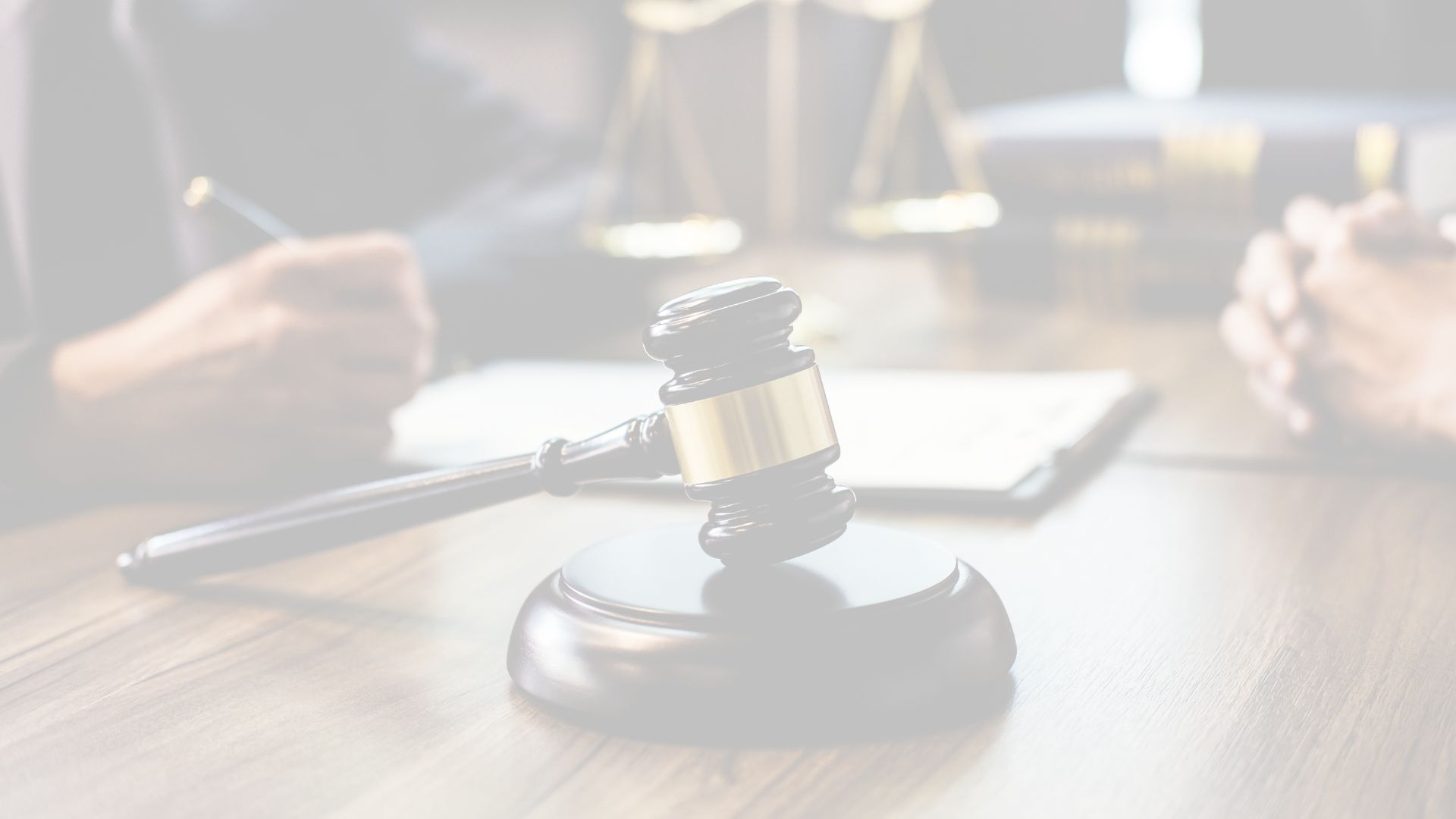Introduction
Car accidents can be life-altering events, often leading to physical injuries, emotional distress, and financial burdens. Amidst the chaos following an accident, one critical aspect that can significantly influence the outcome of your case is documentation. Proper documentation not only aids in medical recovery but also plays a vital role when dealing with insurance claims and legal proceedings. This article delves deep into The Importance of Documentation in Your Car Accident Case, exploring various facets that illustrate why meticulous record-keeping is essential.
The Importance of Documentation in Your Car Accident Case
After a car accident, emotions run high, and the instinct to ensure safety and health takes precedence. However, failing to document the situation can severely undermine your position later on. Documentation encompasses a wide range of elements including photographs, witness statements, police reports, and medical records. Let’s break down why each of these components is crucial.
Why Is Documentation Essential?
Establishing Liability
One of the most significant aspects of a car accident case is determining who was at fault. Without proper documentation such as police reports or eyewitness accounts, proving liability becomes exceedingly difficult.
Supporting Insurance Claims
Insurance companies are notorious for looking for any reason to deny claims. Having comprehensive documentation reinforces your claims by providing concrete evidence supporting your version of events.
Facilitating Medical Treatment
Clear records of injuries and treatments received are vital for ensuring that you're compensated fairly for medical expenses incurred due to the accident.

Strengthening Legal Cases
If your case escalates to litigation, well-organized documentation can serve as invaluable evidence to support your claims in court.
Types of Documentation You Should Gather
Photographs from the Scene
Capturing Evidence
Taking photographs immediately after an accident can provide crucial evidence regarding the circumstances surrounding it:
- Vehicle damage Road conditions Traffic signals Skid marks and debris
These images help recreate the scene for investigators, legal representatives, and insurers.
Witness Statements
Accountability from Bystanders
Eyewitness accounts are powerful pieces of evidence. Collect names and contact information from witnesses who can corroborate your version of events.

Police Reports
Official Records Matter
A police report provides an impartial account of the incident. It includes vital details such as:
- Date & time Location Parties involved Officer's observations
This document is often requested by insurance companies during claim assessments.
Medical Records
Documenting Injuries
Medical records serve as proof of injuries sustained during the accident. They include:
- Diagnosis Treatment plans Prognosis
These records are essential when calculating compensation for medical expenses.
Vehicle Maintenance Records
Proving Vehicle Condition
If vehicle malfunction contributed to the accident, maintenance records help demonstrate that you took reasonable care in ensuring its safety.
How Documentation Affects Financial Compensation
Calculating Economic Damages
Economic damages include tangible losses like medical bills and lost wages resulting from your injuries. Accurate documentation helps ensure you receive adequate compensation for these costs.

Assessing Non-Economic Damages
Non-economic damages cover pain and suffering or loss of enjoyment in life due to injuries sustained during the accident. Documenting how your life has changed post-accident can be pivotal in quantifying these damages.
Common Mistakes in Documentation After a Car Accident
Neglecting Details
Many individuals overlook minor details believing they won't matter later on. However, every piece of information can contribute significantly to building a strong case.
Failing to Seek Medical Attention Immediately
Even if you feel fine after an accident, some injuries may not manifest immediately. Seeking medical attention ensures you have documented all potential injuries promptly.
Not Keeping Copies of Important Documents
Losing track of Citrus Heights injury lawyer for bicycle accident documents occurs more often than one would think; keeping organized copies is vital for effective case management.
Tips for Effective Documentation Post-Car Accident
Keep a dedicated folder—physical or digital—for all documents related to the accident. Regularly update this folder with new information as it comes in. Use apps or tools designed for expense tracking if you incur costs related to the incident. Consider consulting with a personal injury lawyer in Citrus Heights who specializes in car accidents for guidance on what specific documents will be needed based on your unique situation.FAQs About Documentation in Car Accident Cases
1. What should I do immediately after a car accident?
Immediately call emergency services if anyone is injured or there’s significant damage; document everything—take photos and gather witness information before leaving the scene if possible.
2. How important are eyewitnesses?
Eyewitnesses offer additional perspectives that can support your claim; their statements may carry weight during investigations by insurance companies or legal proceedings.
3. Can I still file a claim if I didn’t document everything?
While lacking some documents might complicate matters, it's still possible to pursue compensation; however, having thorough documentation will strengthen your chances substantially.
4. How can I find a reliable personal injury lawyer in Citrus Heights?
Research online reviews, ask for referrals from friends or family members; consult multiple lawyers before making a decision based on experience handling similar cases successfully.
5. What types of damages can I claim?
You may be eligible for economic damages like medical bills and lost wages and non-economic damages like pain and suffering resulting from injuries sustained during the accident.
6. Will my insurance cover all expenses related to my car accident?
Insurance coverage varies based on individual policies; understanding what is covered—including limits—is crucial when filing any claim after an accident.
Conclusion
In summary, The Importance of Documentation in Your Car Accident Case cannot be overstated—it serves as your backbone when seeking justice and compensation following an unfortunate event on the roadways. From photographs taken at the scene to detailed medical records post-treatment, each element plays a critical role not only in establishing facts but also ensuring that you receive fair compensation for what you've endured.
When navigating through this challenging process alone seems daunting, consider reaching out to a personal injury lawyer in Citrus Heights who understands local laws intricately—and who can guide you through gathering essential documentation effectively so you’re prepared every step along this journey toward resolution!